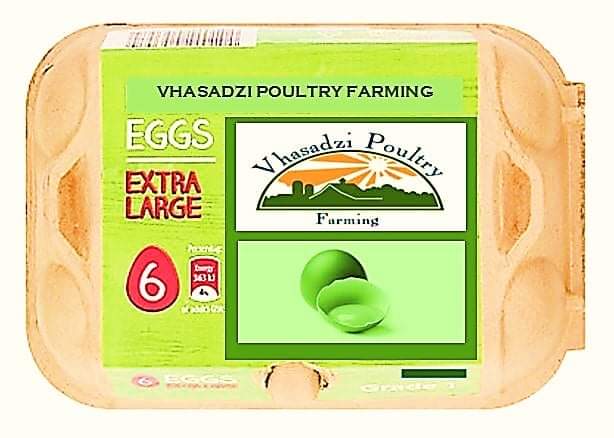How Vhasadzi Poultry Farm Aims To Supply Supermarkets With Its Own Branded Chicken And Eggs

How Vhasadzi Poultry Farm Aims To Supply Supermarkets With Its Own Branded Chicken And Eggs. Vhasadzi Poultry Farm is a level 1 BEE Black youth women owned business. Its specialty is supplying its clients with chickens and eggs for their daily diet. The company also supplies small businesses with chicks or eggs for hatching. It’s future goals is to expand and supply the processing industry with eggs while supplying supermarkets with its branded chicken and eggs for the South African economy and expanding through the SADC region, with the proper funding it can expand into the market while it achieves great returns in profit.

When Vhasadzi Poultry began, it struggled due to lack of funds and venturing in an industry as big as agriculture. Its biggest challenge was not knowing which door to knock on. The company owes its success to the retrenchment of its founder whom decided to begin this journey after she was retrenched and then a few weeks later she learnt the good news that she was going to be a mother. With only one breadwinner they decided to invest in a family business, Vhasadzi Poultry was born.
Vhasadzi Poultry is driven to offer its clients services that will have them coming back to the company’s door step, it’s clients may be small scale buyers or large quantity consumers, Vhasadzi Poultry thrives to ensure they leave its farm with a smile. Vhasadzi Poultry offers the following services Broilers, layer hens, chicks, cleaned full chicken, internal organs and eggs. The company is also open to the public, catering companies and restaurants.
Vhasadzi Poultry’s goal is to find itself supplying to supermarkets whereby its chickens and eggs will be branded from its farm to its clients nearest supermarket and to its clients kitchens in order for them to serve their family tasty and chicken and eggs. As Vhasadzi Poultry grows, it looks forward to creating jobs and bringing in the youth to be more involved in agriculture.




